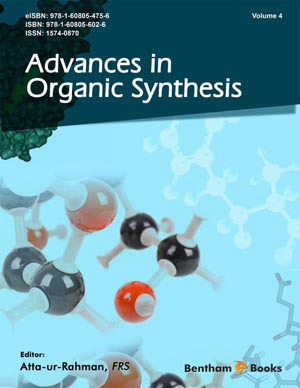Abstract
Phenolic compounds, the bioactive phytochemicals, are abundantly found in a huge variety of food items, including fruits, vegetables, cereals, legumes, and herbs. Phenolic compounds are often called phenols, phenolics, and polyphenols. They are secondary metabolites of plants and are considered an integral part of both animal and human diet. Natural phenolic compounds have acquired increasing attention in the last few years because of their countless health-related therapeutic interventions. Biological activities of phenolic compounds include anti-oxidative, anti-inflammatory, antiallergic, and anti-hypertensive are found to play their role in neuroprotection. All of these above mentioned properties of different phenolic compounds play a critical and central role in preventing the progression of neurodegenerative, neurological disorders and brain injuries. A list of phenolic compounds including resveratrol, quercetin, rutin, curcumin, baiclein, luteolin, and (-) Epigallocatechin-3-gallateon have been discussed in detail in the context of their neuroprotective action. The present chapter describes a brief and comprehensive overview of the physiological activities of phenolic compounds along with their potential neuroprotective approach.
Keywords: Antioxidants, Cognitive Functions, Neurodegenerative Diseases, Neuronal Survival, Neuroprotection, Phenolic Compounds.






















